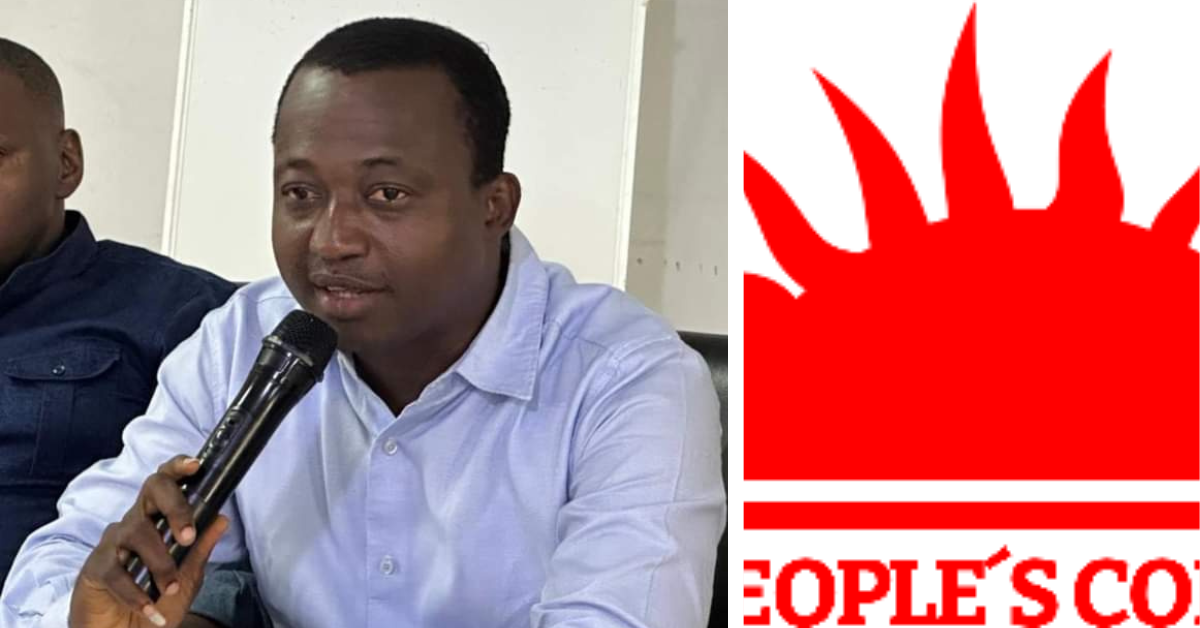Sierra Leone, once a country brimming with promise and optimism, now finds itself in the midst of a crisis that has left many citizens bewildered and distressed.
A series of catastrophic events in recent months have shaken the nation, raising urgent concerns about the effectiveness of institutions charged with ensuring public safety and consumer protection. The situation is rapidly becoming untenable, and citizens are left questioning how things have deteriorated so drastically in such a short period.
One of the most troubling developments in recent times has been the alarming frequency of building collapses. This issue has led to widespread outcry, with many questioning the accountability of key institutions like the Sierra Leone Standards Bureau and the Ministry of Trade, which are supposed to ensure the quality of imported goods, including building materials. Many argue that these institutions should bear the primary responsibility for these tragedies.
The Sierra Leone Standards Bureau, in particular, has come under intense scrutiny. Tasked with ensuring that all imported commodities meet the necessary quality standards, it appears that the institution has largely failed in this duty. For years, there have been accusations that the Bureau has been more focused on receiving public funds than on fulfilling its mandate. These failures have had dire consequences, with substandard building materials, including weak iron rods and low-quality cement, being used in construction projects across the country. The result has been the collapse of numerous buildings, causing loss of life, destruction of property, and untold suffering for countless families.
Many believe that if the Standards Bureau and other regulatory bodies are not held accountable, more buildings will collapse, leading to further devastation. The situation has become so dire that many investors are hesitant to put money into a country that seems increasingly vulnerable to disaster. For a nation trying to recover from years of civil unrest and underdevelopment, this is a significant setback.
In light of these issues, key figures in the country’s political landscape have begun speaking out. Opposition Chief Whip, Hon. Abdul Karim Kamara, has been particularly vocal in his criticism of the government’s handling of the crisis. He has pointed out that during the enactment of the Financial Bill of 2023, opposition members raised concerns about the heavy taxes being imposed on imported commodities, specifically rice and cement. According to him, these taxes have contributed to the rising cost of basic building materials, further impoverishing the people. The government, however, ignored these warnings, accusing the opposition of attempting to hinder progress.
Hon. Kamara emphasized that the opposition’s concerns were not an attempt to undermine the government but rather an effort to protect the welfare of the masses. He has noted the drastic decline in the quality of materials like iron rods and cement over the past three years, a situation exacerbated by the increased taxes that have made quality materials unaffordable for many. He warned that the policies being enacted by the government are not only harming the country’s economy but also endangering the lives of ordinary Sierra Leoneans.
In his critique, Kamara made it clear that leadership decisions often have far-reaching effects on the general population, and in this case, the effects have been disastrous. He urged the government to reconsider its over-reliance on taxes as the primary means of running the state and called for greater attention to be paid to the regulation of basic commodities. According to Kamara, the current administration seems more concerned with pursuing personal agendas than with safeguarding the interests of the people.
The collapse of buildings has not only resulted in significant property loss but also in the tragic loss of life. Hon. Kamara expressed his deep sympathy for those who have been affected, offering condolences to families who have lost loved ones and properties in these preventable disasters. He called for urgent reforms and better oversight of regulatory bodies to prevent further tragedies from occurring.
In conclusion, Sierra Leone is at a critical juncture. The government’s failure to adequately regulate crucial sectors, coupled with its heavy reliance on taxation, has created a precarious situation for the nation. If immediate steps are not taken to address these issues, the country risks further economic instability, human suffering, and a continued loss of investor confidence. It is time for the leaders of Sierra Leone to step up and take responsibility for the welfare of their citizens before the situation spirals further out of control.


 1 Comment
1 Comment 









Hi